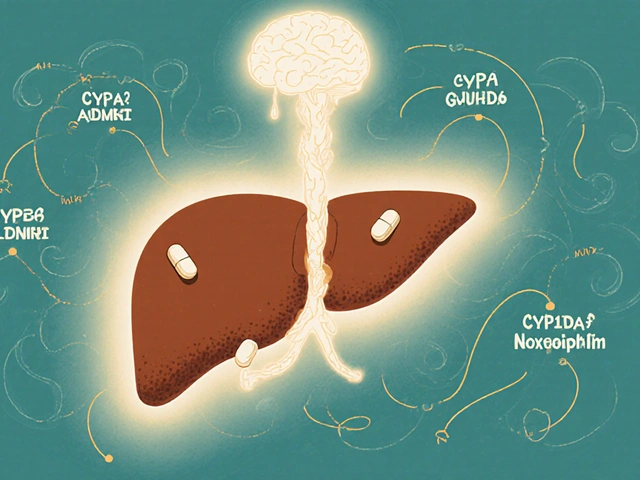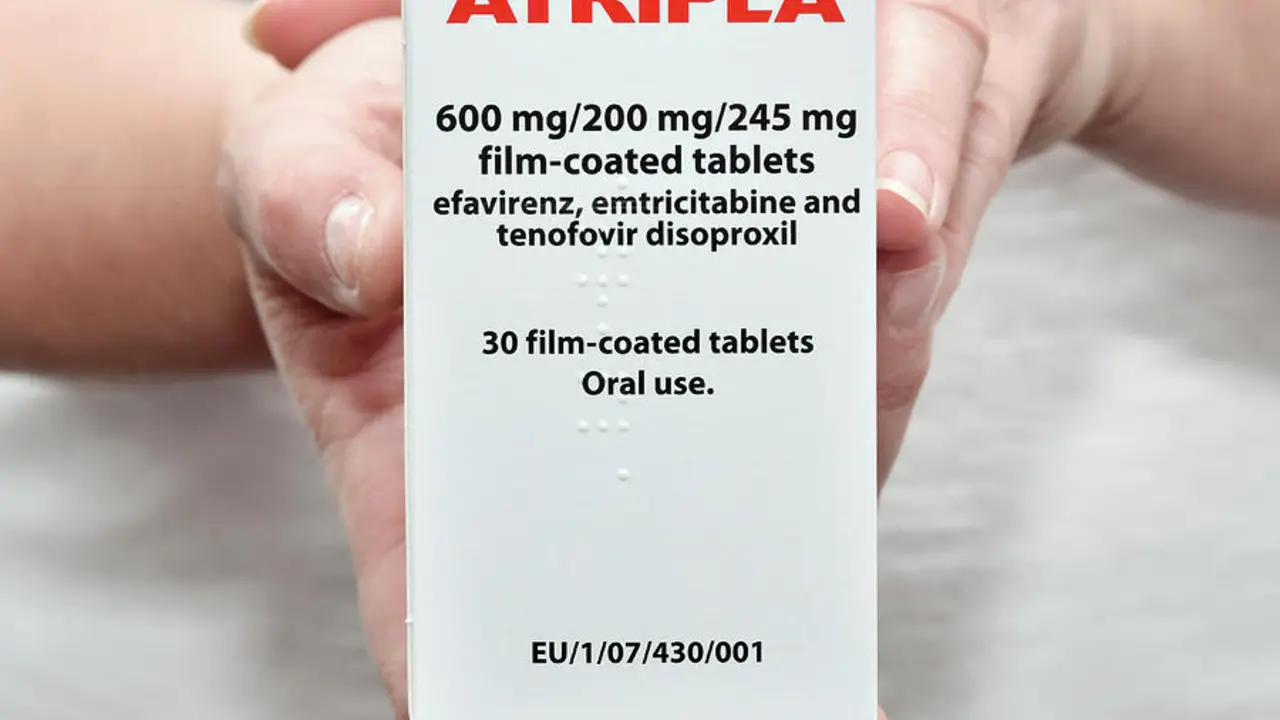Efavirenz‑Emtricitabine‑Tenofovir (Atripla) – Quick Guide
If you or someone you know has been prescribed Efavirenz‑Emtricitabine‑Tenofovir, you’ve probably heard the brand name Atripla. It’s a once‑daily pill that combines three HIV medicines into one. The idea is simple: one pill, one routine, fewer chances to miss a dose.
In this guide we’ll cover what the combo does, how to take it right, the side effects you might see, and some safety pointers you shouldn’t overlook. Grab a cup of coffee and let’s clear up the basics.
How the combo works
Each component attacks the virus in a different way. Efavirenz blocks the HIV enzyme reverse transcriptase, stopping the virus from turning its RNA into DNA. Emtricitabine and Tenofovir are also reverse‑transcriptase inhibitors, but they work at slightly different steps, adding a double layer of protection. By hitting the virus from three angles, the combo keeps the viral load low and helps the immune system bounce back.
Because all three drugs are in one tablet, you only need to remember one dose a day—usually taken with food to reduce stomach upset. Most doctors start adults on a 600 mg dose of Efavirenz, 200 mg of Emtricitabine, and 300 mg of Tenofovir, but your doctor might adjust based on other meds or kidney function.
Key safety tips & common side effects
Side effects are the part most people worry about. The most common ones are mild and go away after a few weeks: headache, nausea, tiredness, and vivid dreams. If you notice a rash that spreads quickly, fever, or severe stomach pain, call your doctor right away—those could be signs of a serious reaction.
Efavirenz can affect your mood. Some folks feel anxious, depressed, or have trouble sleeping. If you notice a change in mood that lasts more than a few days, flag it with your healthcare provider. Adjusting the dose or switching to a different regimen may be needed.
Because Tenofovir is cleared by the kidneys, it’s important to get regular blood tests to check kidney function. If you have existing kidney problems, your doctor might pick a lower dose or an alternative medication.
Alcohol isn’t a direct contraindication, but binge drinking can make liver side effects worse, especially with Efavirenz. Keep drinking moderate and discuss any habit with your doctor.
Pregnancy is another key consideration. Efavirenz is linked to birth defects when taken in the first trimester, so it’s usually avoided if you’re pregnant or planning a pregnancy. Talk to your doctor about safer options if you’re in this situation.
Finally, remember drug interactions. Antacids containing aluminum or magnesium can lower Efavirenz absorption, so take the pill at least two hours apart from those. Certain anti‑seizure meds, like carbamazepine, can also lower Efavirenz levels, making the treatment less effective. Always share your full medication list with your prescriber.
Sticking to the daily schedule, staying on top of lab tests, and keeping open communication with your doctor are the best ways to make this combo work for you.
Got more questions? Check out the other articles on our site for deep dives on each drug, dosing tips, and how to talk to your healthcare team about HIV treatment. Knowledge is power, and the right info can keep you healthy and confident on your treatment journey.
Efavirenz-Emtricitabine-Tenofovir and the role of healthcare professionals in HIV treatment
In this post, we'll shine a light on the critical role healthcare professionals play in HIV treatment, specifically focusing on the use of Efavirenz-Emtricitabine-Tenofovir. This combination forms a potent antiretroviral therapy, essential in maintaining the quality of life for HIV patients. Trust me, being well-informed about the specifics of your medication can impact your health journey significantly. So, buckle up as we dive deep into the world of HIV treatments, ensuring everyone's on the same page about what it entails.






